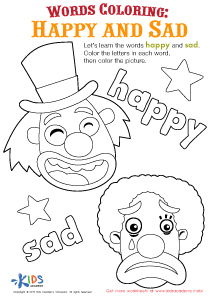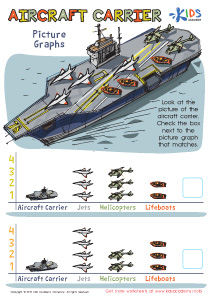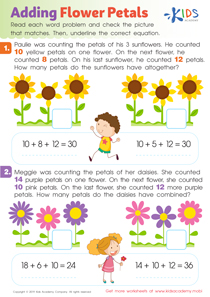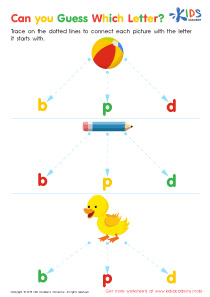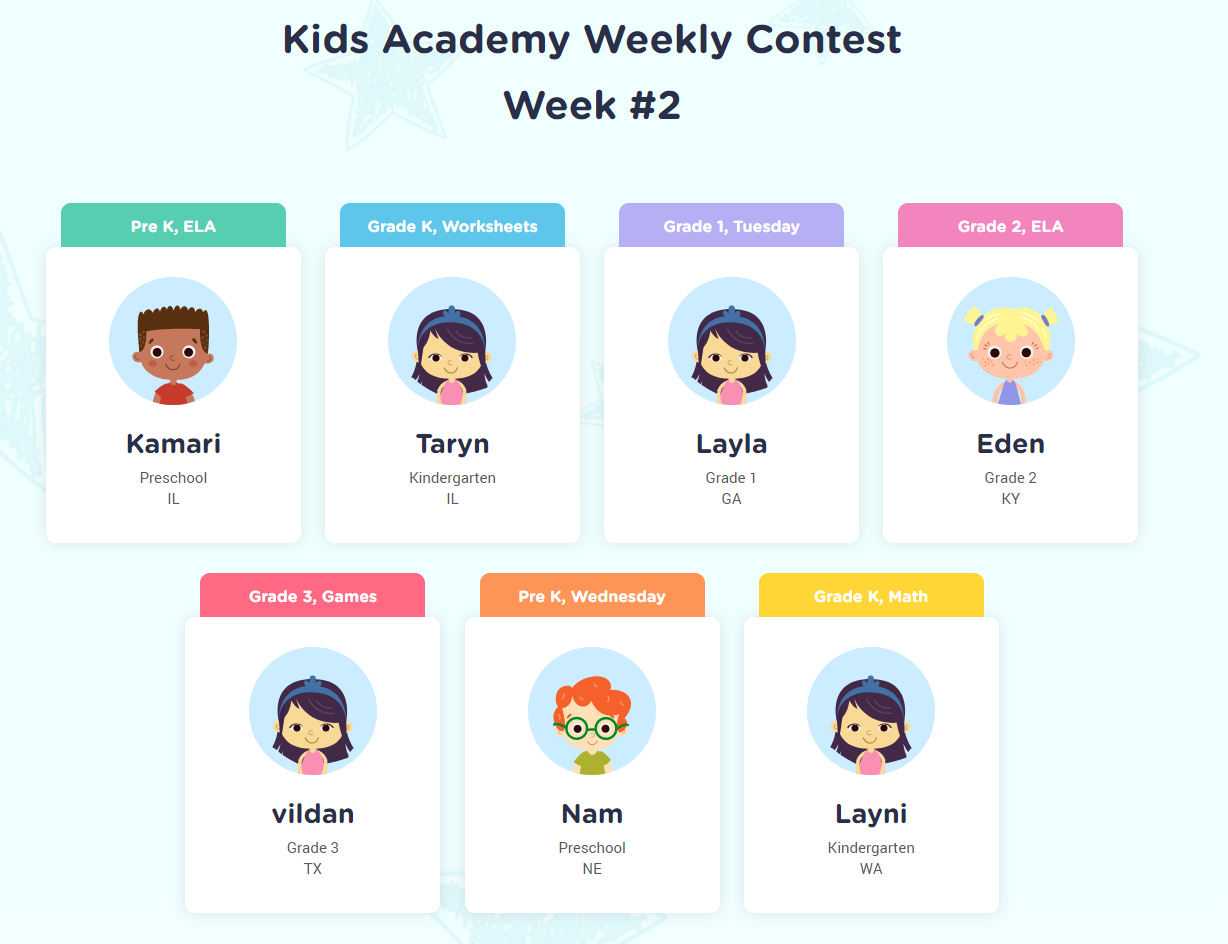Counting and Cardinality up to 20 Quizzes for Ages 5-6
17 results
17 filtered results
Clear all filters17 filtered results
-
From - To
Unlock the world of numbers with our interactive assessment quizzes designed specifically for children Ages 5-6! Focused on "Counting and Cardinality up to 20," these quizzes offer a fun and engaging way for young learners to understand and master the basics of counting. Through a series of carefully crafted questions, children will explore numbers 1 through 20, receiving instant feedback to guide their learning journey. Perfect for reinforcing classroom teachings or home learning, our quizzes ensure a solid foundation in counting and cardinality, setting your child up for mathematical success. Start the counting adventure today!
In today's rapidly evolving educational landscape, the significance of building a strong mathematical foundation from an early age cannot be overstated. Among the fundamental concepts crucial to this foundation is Counting and Cardinality, particularly mastering these skills up to the number 20. Our interactive quizzes, specifically designed for children Ages 5-6, offer a comprehensive, engaging, and effective approach to mastering Counting and Cardinality up to 20, ensuring that young learners acquire the necessary skills to excel in their studies and beyond.
Understanding Counting and Cardinality is more than just reciting numbers. It involves recognizing number names, connecting them to actual quantities, understanding number sequences, and grasping the principles of addition and subtraction on a basic level. By the age of 5 or 6, children are at a prime stage to develop these crucial numerical skills, which serve as the building blocks for more advanced mathematical concepts. Our interactive quizzes on Counting and Cardinality up to 20 are meticulously crafted to cater to the learning needs and styles of children in this age group.
The interactive quizzes we provide are not just about learning; they're about experiencing joy and excitement in the process. The quizzes are designed to be playful and engaging, encouraging children to participate actively in their learning journey. Through a variety of formats, including drag-and-drop, matching, and multiple-choice questions, children are challenged to think and apply Counting and Cardinality concepts in different scenarios. This variety ensures that learning never becomes monotonous and that each child's attention is captured throughout the learning process.
A key advantage of our interactive quizzes is the instant feedback mechanism. As children engage with the quizzes, they receive immediate feedback on their answers. This instant feedback is crucial for learning, as it allows children to recognize their mistakes and understand the correct concepts promptly, reinforcing learning and building confidence. Furthermore, this real-time feedback empowers educators and parents to identify areas where a child may need additional support, enabling targeted interventions that further enhance the child’s mathematical foundation.
The quizzes are also designed with adaptability in mind, catering to the diverse learning paces and styles of children Ages 5-6. This adaptability ensures that every child, regardless of their initial skill level, can benefit from engaging with the material. Through repeated practice and exposure to various question formats and levels of difficulty, children can gradually build their mastery of Counting and Cardinality up to 20, laying a solid foundation for future mathematical learning.
In conclusion, our interactive quizzes on Counting and Cardinality up to 20 for Ages 5-6 are an invaluable resource for young learners. By making the learning process enjoyable, providing instant feedback, and catering to individual learning needs and paces, these quizzes not only help children develop crucial early mathematical skills but also foster a love for learning. As children embark on their educational journey, mastering these foundational concepts will undoubtedly empower them to tackle more complex mathematical challenges with confidence and enthusiasm.
